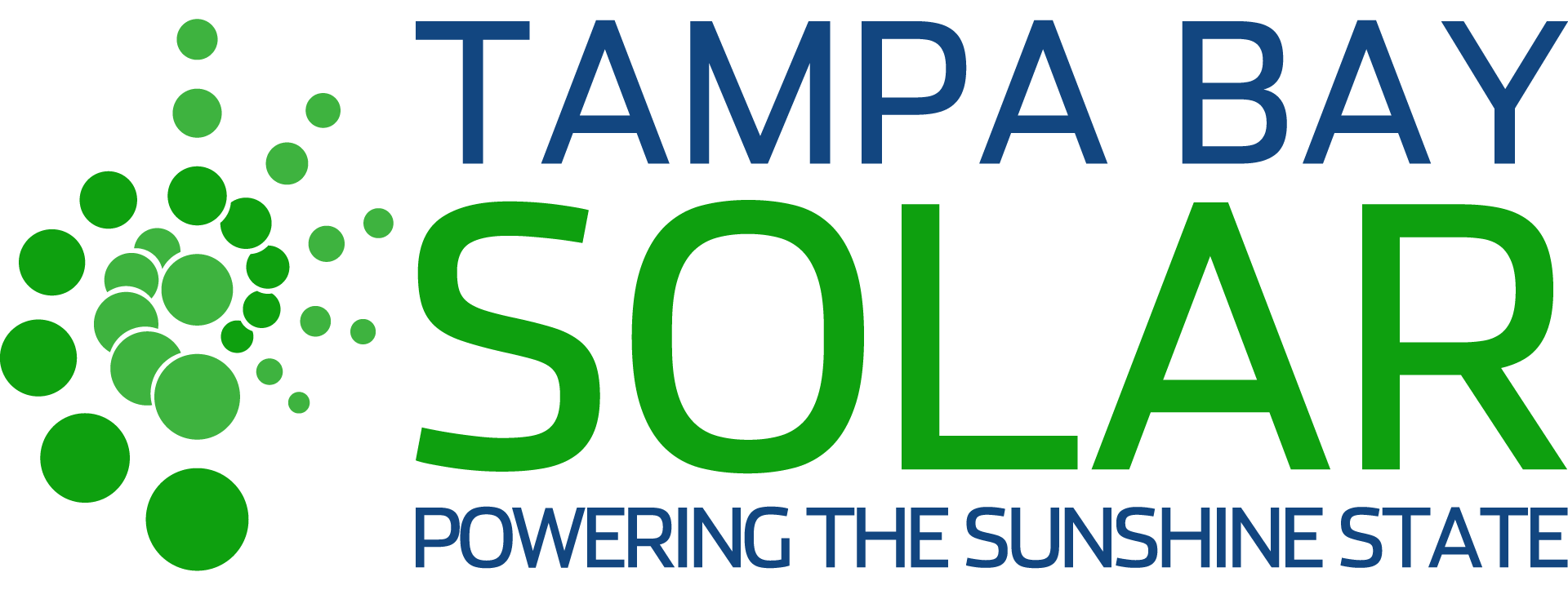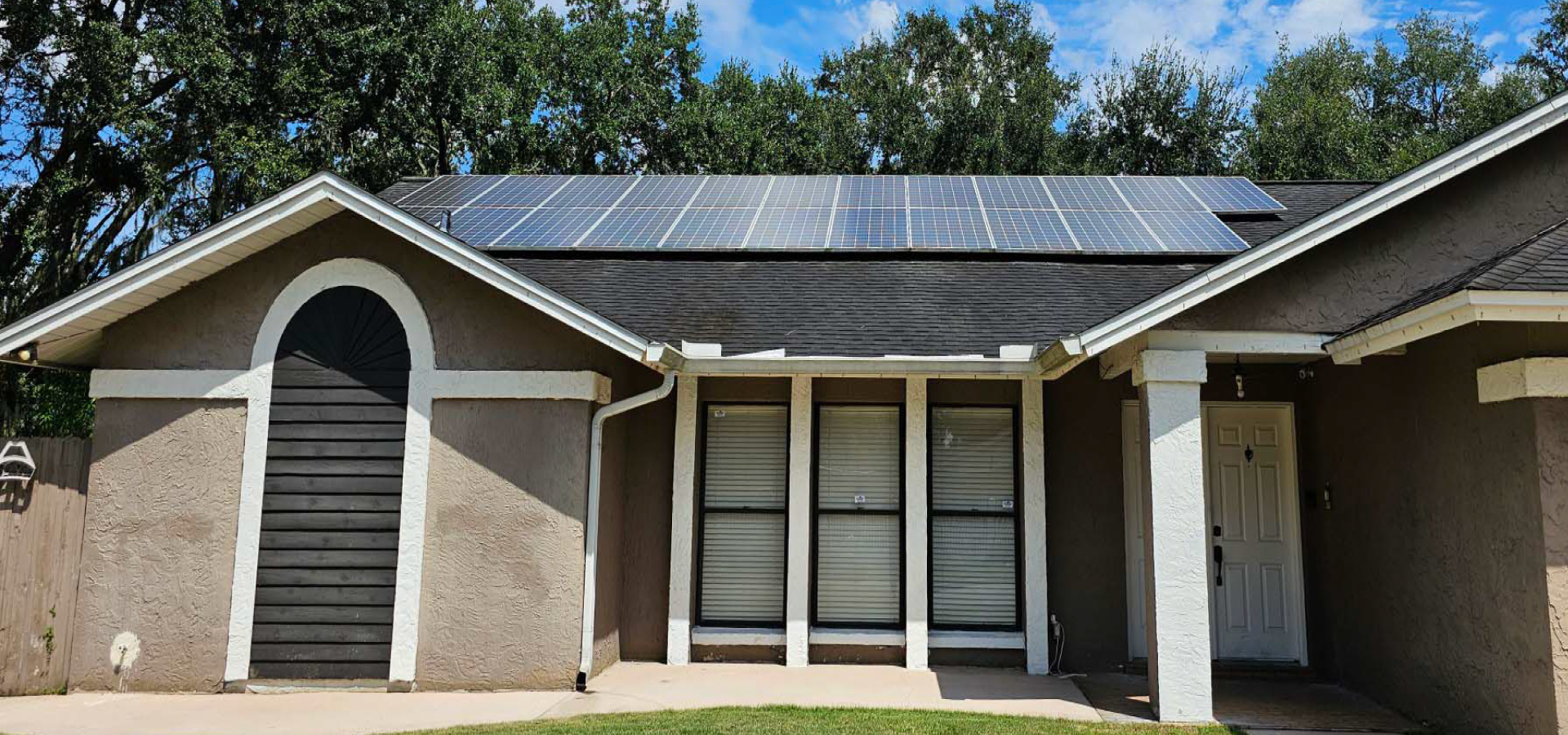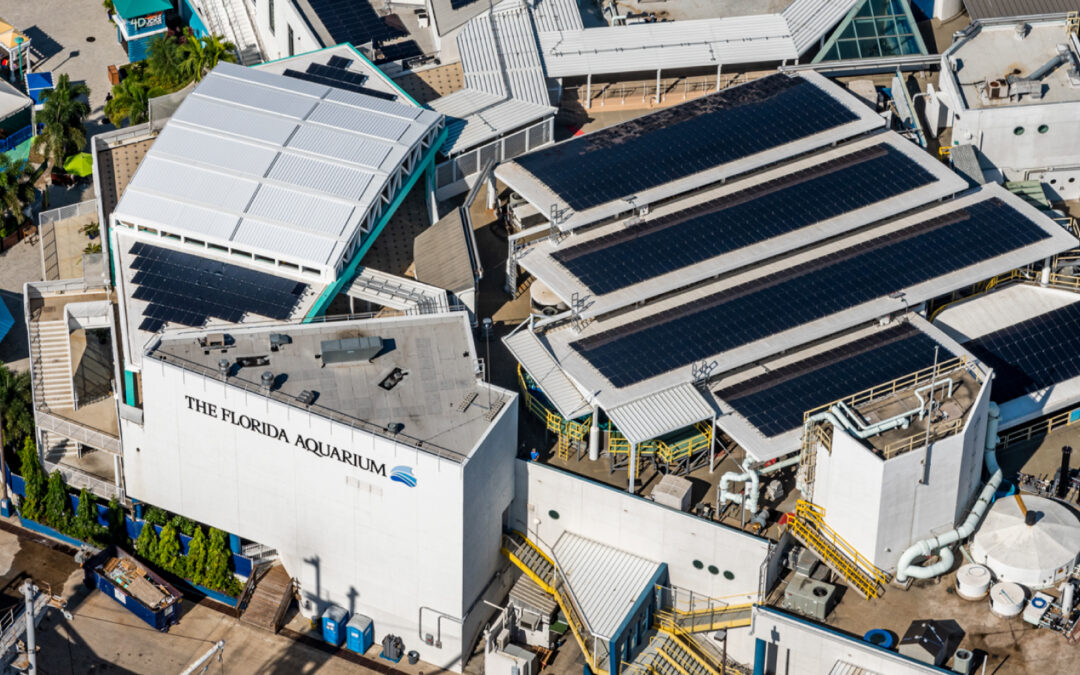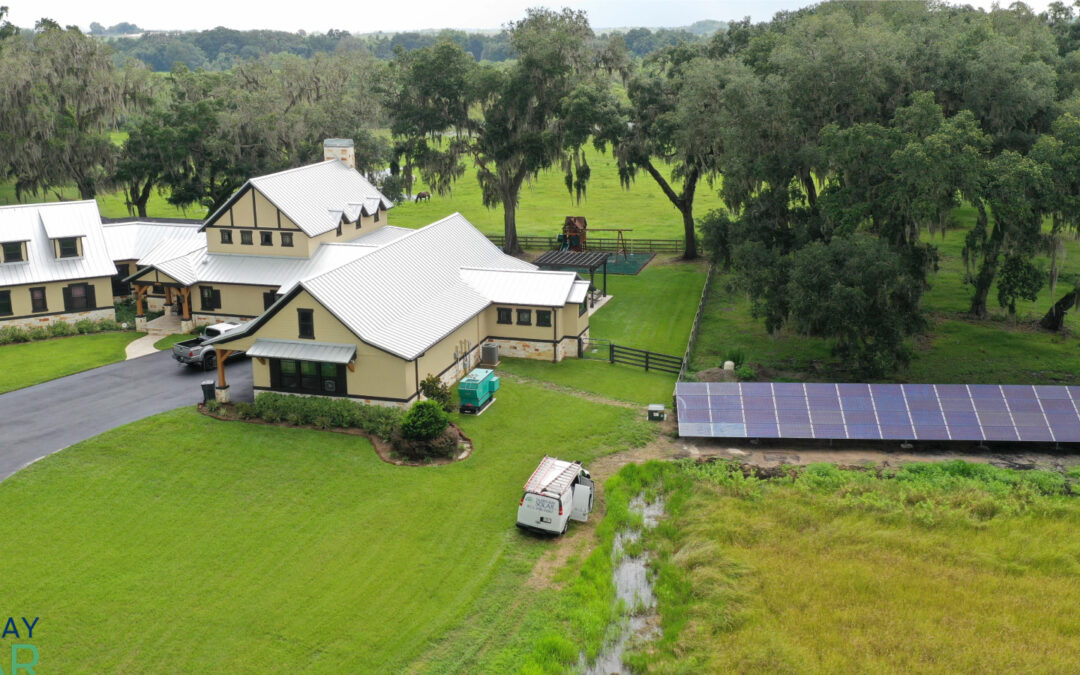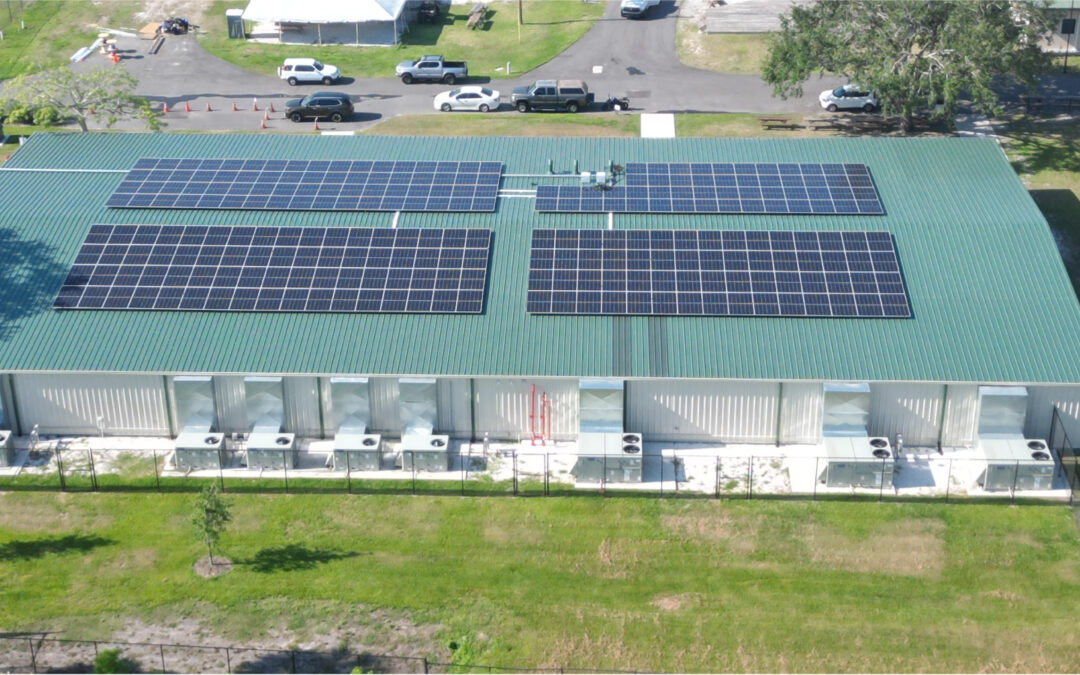Many homeowners wonder, “Will installing solar panels increase my insurance rates?” It’s a common concern, as solar panels are a significant investment. The good news is that, in most cases, it’s not as worrying as it sounds. Once you understand how insurance covers solar panels, it’s straightforward.
The real story about solar and insurance costs
Your homeowners’ insurance typically already covers solar panels in most cases – no special policy is needed. When panels get installed on your roof, insurance companies treat them like any other permanent home improvement. Think of it like adding a new deck or upgrading your kitchen.
Will your rates increase? A little, but probably not for the reasons you think. The increase isn’t because insurance companies see solar as risky (they don’t). It’s because your home’s replacement value has just increased by $15,000 to $25,000, and your coverage needs to reflect that.
Typically, homeowners who need to adjust their coverage limits will pay an additional $15 to $50 per month. That sounds like a lot until you remember that most customers save $100 to $200 per month on electricity.
What gets covered (And what doesn’t)
Your standard homeowners’ policy covers the major issues that matter most: wind damage, hail, and fire. Modern solar panels can withstand winds of up to 150–160 mph; however, Florida’s weather can still surprise us all. There are countless stories of panels surviving direct hurricane hits and continuing to power the grid afterward.
Homeowners’ insurance won’t cover everything. Flood damage needs separate flood insurance, especially if you live in a flood zone. Routine maintenance isn’t included either, but that’s not a big deal since solar panels need very little upkeep.
One thing that catches people off guard is that if you don’t notify your insurance company about your new solar installation and an issue arises, they may not cover the replacement cost. Always make that phone call right after the installation is complete.
The ownership factor makes all the difference
If you own your panels outright (which most customers prefer), your homeowners’ insurance policy typically covers them. However, if you have a solar arrangement where another company owns the equipment, they usually handle the insurance.
Ownership is usually the better route. Beyond the insurance benefits, you enjoy full energy savings and complete control over your system. Additionally, owning systems adds real value to your home, which is particularly important when it’s time to sell.
Why most insurance companies like solar
Insurance companies often see solar panels as a plus. They shield your roof from the sun and weather, so roofs with panels can last longer and stay in better shape. Some progressive insurers even offer green home discounts for renewable energy installations. Homeowners who invest in solar tend to be more conscious about property maintenance overall.
Real-world advice for protecting your investment
Drawing on our experience as a trusted solar provider, here’s the advice that truly makes a difference:
Call your insurance agent before installation starts. Most agents appreciate the heads-up and can walk you through exactly how your policy will change. Get it in writing, and don’t just take someone’s word for it over the phone.
Ensure your coverage limits can cover the full replacement cost of your system. If your current policy maxes out at your home’s pre-solar value, you’re not fully protected. The slight premium increase for higher limits is worth the peace of mind.
Keep all your paperwork, installation receipts, permits, warranty information, and photos of the completed system – store it all. Keeping your documents organized makes filing a claim much easier.
Why proper installation matters
The solar industry also has cautionary tales, including denied claims and gaps in coverage. In every case that gets investigated, the problem traces back to either not informing the insurance company about the installation or working with unqualified installers who didn’t pull proper permits.
Working with certified local solar installers is important. They handle permits, follow manufacturer guidelines, and provide insurance-friendly documentation.
The numbers tell the real story
With solar power generation expected to skyrocket 75% nationwide through 2025 and over 4.7 million American homes already equipped with solar panels, Florida continues to lead the charge in new installations. The insurance considerations have become increasingly manageable as the industry matures.
The slight premium increases (when they occur) pale in comparison to the energy savings and increased home value. Most customers find that their energy savings more than cover any insurance adjustments. Most solar systems pay for themselves in about 7–10 years and then provide low-cost or free electricity for an additional 15–20 years.
Getting smart about solar insurance
Solar insurance is better than ever. It’s easy to get and reasonably priced. Key points:
- Protects your solar panels and energy savings
- The small insurance cost is tiny compared to the monthly electricity savings.
- A good installation team makes setup and coverage easy.
Don’t let insurance worries hold you back. Tampa Bay Solar offers free consultations to help you save on energy bills while keeping your home protected. Now is the perfect time to go solar. Get in touch with our team for a Free Audit & Quote today!
Our Service Areas
Hillsborough County: Tampa, Brandon, Riverview, Valrico, Plant City, Apollo Beach, Sun City Center
Pinellas County: St. Petersburg, Clearwater, Largo, Pinellas Park, Dunedin, Tarpon Springs, Seminole
Manatee County: Bradenton, Palmetto, Lakewood Ranch, Ellenton, Holmes Beach
Sarasota County: Sarasota, Venice, North Port, Osprey, Nokomis, Englewood
Pasco County: Wesley Chapel, New Port Richey, Zephyrhills, Dade City, Land O’ Lakes, Hudson
